Our work
EDRi is the biggest European network defending rights and freedoms online. We work to to challenge private and state actors who abuse their power to control or manipulate the public. We do so by advocating for robust and enforced laws, informing and mobilising people, promoting a healthy and accountable technology market, and building a movement of organisations and individuals committed to digital rights and freedoms in a connected world.
Filter resources
-
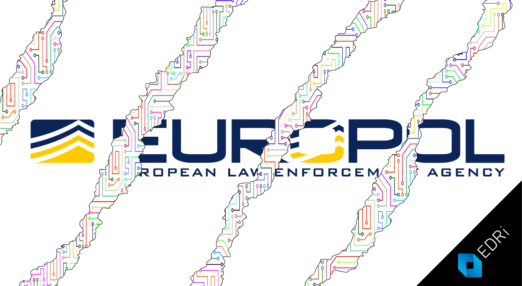
Europol inches closer to increasing its powers despite lacking accountability
Europol was caught breaking the law and developing new initiatives without any proper legal basis (e.g. Europol’s innovation lab). Many proposed changes to Europol's mandate show an attempt to legalise the agency’s unlawful activities. In addition, this revision is happening even before the first implementation evaluation of Europol’s Regulation, planned for 2022, has been carried out. Without this evaluation, it is impossible to assess whether the current rules impede the fulfilment of the Agency’s missions and whether its working practices respect fundamental rights.
Read more
-

Civil society warn against rushed global treaty for intrusive cross-border police powers
European Digital Rights (EDRi), Electronic Frontier Foundation (EFF) and 40 other civil society organisations urge the Council of Europe’s (CoE) Parliamentary Committee (PACE) to give them more time to provide much-needed analysis and feedback on the flawed cross border surveillance treaty recently approved by its Cybersecurity Committee (T-CY).
Read more
-
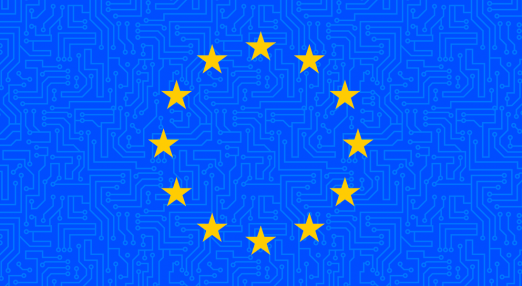
DSA should promote open and fair digital environment, not undermine the rule of law
The Rapporteur of the European Parliament Committee leading one of the most important legal initiatives to regulate platforms has spoken. The Internal Market and Consumer Protection (IMCO) Committee's draft report on the Digital Services Act (DSA) turns online platforms into judge, jury and executioner when it comes to removing online content. This follows the same logic as the Copyright Guidelines that were presented last week. It also gives vast powers to the European Commission and national governments to suppress opposing voices.
Read more
-

European Commission ignores civil society concerns and sides with creative industries
Today is a sad day for Europe. Instead of listening to reason and arguments, the European Commission itself brought up in front of the CJEU, the backroom political influence of the entertainment industry has won once again. Clearly “earmarking” content means preferring the economic interests of a few powerful actors over the fundamental rights of a whole generation.
Read more
-

Telecom reform in Austria: consumers must benefit from Router Freedom
Austria is reforming its telecommunications law to incorporate the new European directives on electronic communications. The Austrian government has now an unique opportunity to leverage router freedom at the legislative level to protect consumers and the market. EDRi's member epicenter.works sheds some light on the reform.
Read more
-
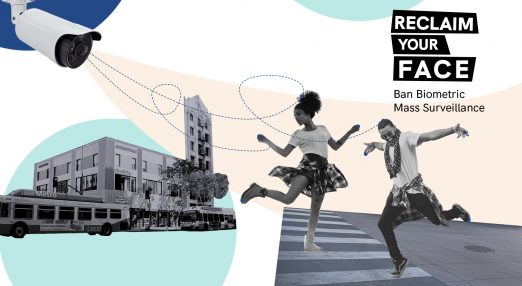
The urgent need to #reclaimyourface
The rise of automated video surveillance is often touted as a quick, easy, and efficient solution to complex societal problems. In reality, roll-outs of facial recognition and other biometric mass surveillance tools constitute a systematic invasion into people’s fundamental rights to privacy and data protection. Like with uses of toxic chemicals, these toxic uses of biometric surveillance technologies need to be banned across Europe.
Read more
-
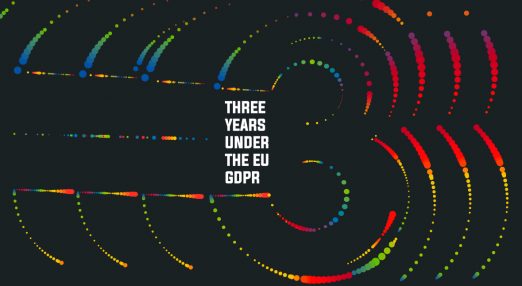
GDPR: Three years in, and its future and success are still up in the air
The EU’s General Data Protection Regulation (GDPR) is not living up to the hype. When first implemented in 2018, the GDPR was presented as the new world standard for privacy and data protection. The law has increased data protection awareness and led to significant legal changes all over the world. Yet EDRi member Access Now’s new report, Three years under the GDPR: An implementation progress report, explores just how far this legislation still has to go before its promises — and potential — are truly fulfilled.
Read more
-
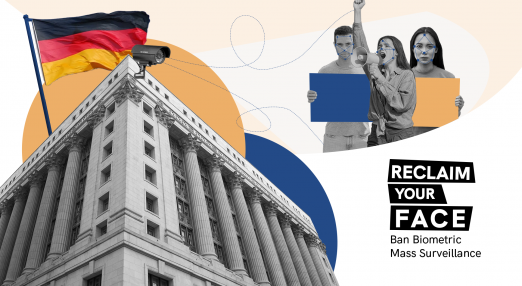
New win against biometric mass surveillance in Germany
In November 2020, reporters at Netzpolitik.org revealed that the city of Karlsruhe wanted to establish a smart video surveillance system in the city centre. The plan involved an AI system that would analyse the behaviour of passers-by and automatically identify conspicuous behaviour. After the intervention of EDRi-member CCC the project was buried in May 2021.
Read more
-
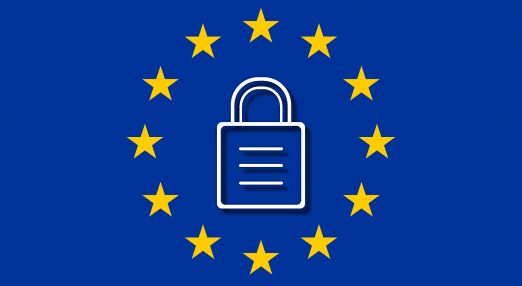
Stronger enforcement is key to the effectiveness of the GDPR
On the third anniversary of the entering into force of the General Data Protection Regulation (GDPR), EDRi sent a message to Members of the European Parliament calling for stronger enforcement of the GDPR, as well as the adoption of necessary additional legislation where appropriate.
Read more
-

Transparency for institutions, privacy for the people
Much has been said about abuses of personal data by platforms like Facebook and other private companies. However, there is little observation of non-compliance by public administrations or institutions such as the policies undermining the privacy of the public and the small (or large) daily abuses people are subject to.
Read more
-

Challenge against Clearview AI in Europe
This legal challenge relates to complaints filed with 5 European data protection authorities against Clearview AI, Inc. ("Clearview"), a facial recognition technology company building a gigantic database of faces.
Read more
-

EDRi-gram, 2 June 2021
The GDPR is still in its infancy, and while it is too soon to consider revisions to the law, EU regulators and decision-makers have the power to improve enforcement and fulfil its promise for vindicating data protection rights and spurring the development of privacy-protecting business models. The past three years hold important lessons for decision-makers and regulators to leverage to deliver on that promise. A lot is at stake.
Read more
